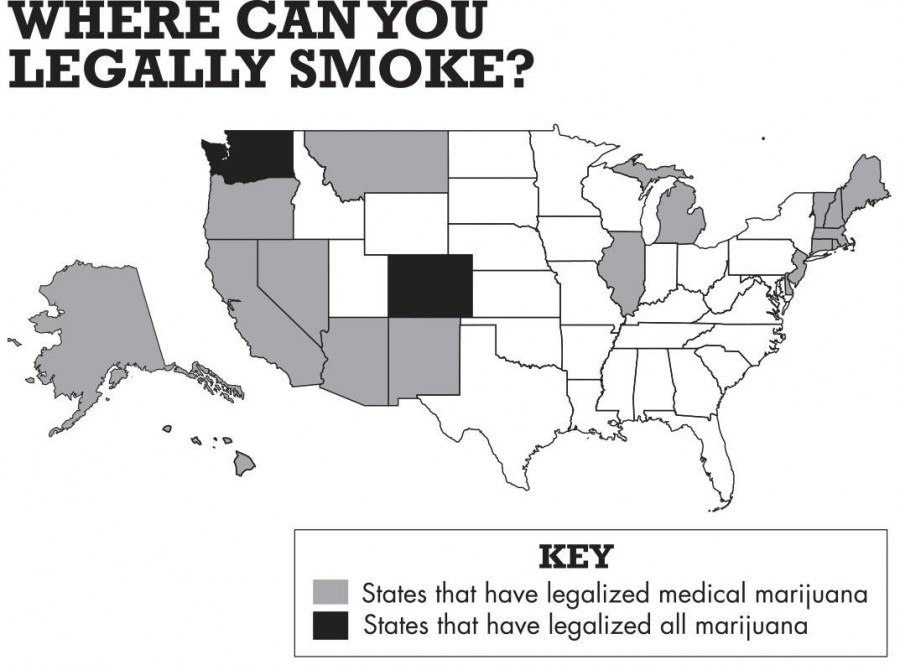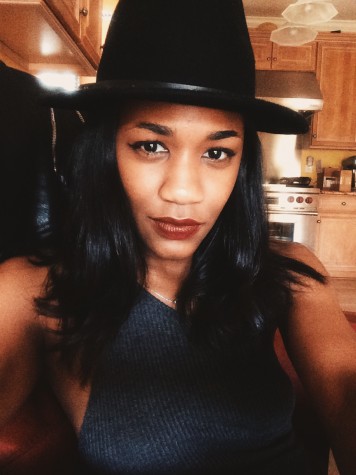On Jan. 22, Louisiana governor Bobby Jindal said he supports making medical marijuana available in Louisiana as long as it is tightly controlled.
“I continue to be opposed to legalization of marijuana,” Jindal said during an event at the Pennington Biomedical Research Center. “If there is a legitimate medical need, I’d certainly be open to making it available under very strict supervision for patients that would benefit from that.”
Marjorie Esman, executive director for the Louisiana chapter of the American Civil Liberties Union, said Louisiana passed a law allowing medical marijuana in 1991.
Although the law was passed, it was up to the secretary of health and hospitals to notify the public about the rules and regulations; according to Esman, those rules and regulations never materialized.
David Khey, an assistant professor of criminal justice at Loyola University and an expert in drug use and abuse, said he believes that Louisiana is ahead of the game when it comes to discussing the legalization of medical marijuana.
“It is hard to say that Louisiana is behind, as only 20 states and the District of Colombia have some sort of medical marijuana allowances,” Khey said. “So, by the numbers, we are ahead of the game, just near the middle of the pack. We are discussing such a change with states like Florida and New York – states that are not known for their overt liberalism or libertarianism.”
While Khey sees both positive and negative effects in medical marijuana’s legalization, he believes that the good only outweighs the bad when research finds and continues to confirm successful outcomes with marijuana.
“Quite simply, smoked marijuana has many flaws that make clinicians and drug researchers wary of promoting its use,” Khey said. “Just look at the war on tobacco use to get a glimpse of some of these motivations.”
Loyola University Police Department’s captain Roger Pinac said there haven’t been any discussions about how the university’s drug policy could be affected by the potential legalization of marijuana.
“Until some form of this legislation is enacted as law, there is not much I can comment on,” Pinac said. “Our university policy is based upon existing laws. I have no idea where this legislative discussion will lead and what support any recommendations will have.”
Despite Louisiana’s discussion of medical marijuana, Khey doesn’t think the nation is ready to fully legalize the recreational usage of marijuana any time soon.
“All eyes are now on Washington and Colorado to see what sort of impacts open sales of marijuana to adults will have in their regions. We also have some hints from Amsterdam and the Netherlands where recreational marijuana is tolerated, but not technically legal,” Khey said. “So, perhaps Denver and Seattle will become our Amsterdams while other regions tighten their belt to say ‘Not in my backyard’.”
Nia Porter can be reached at naporter@loyno.edu
The Associated Press contributed to this article.









